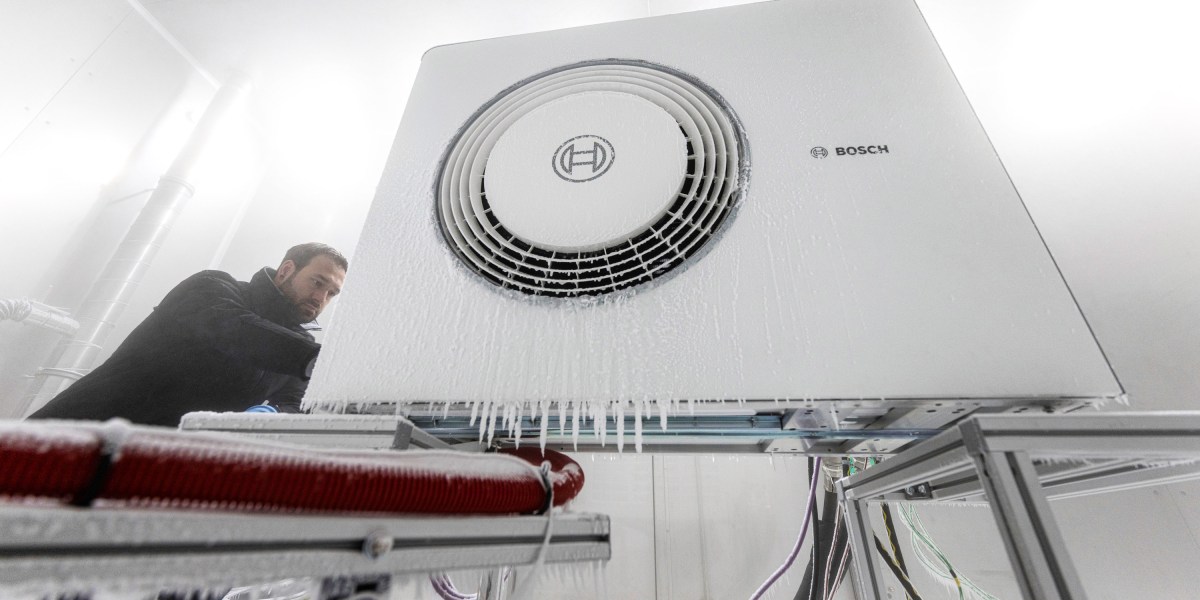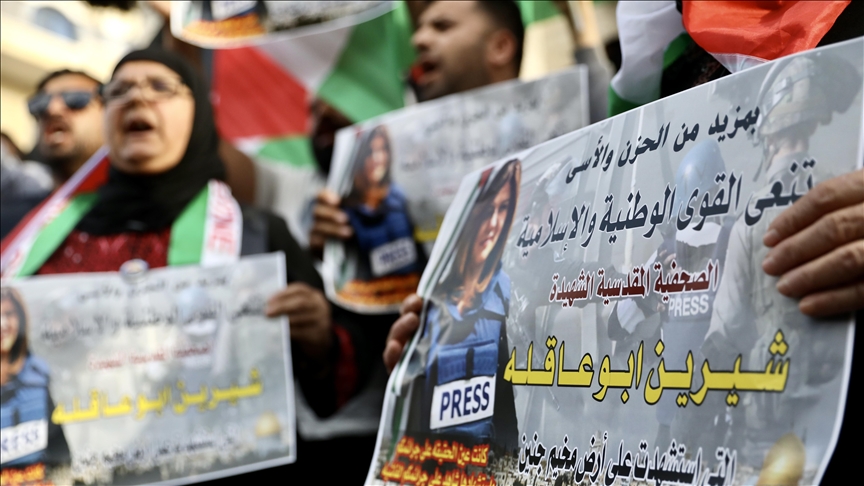Amnesty in return for disarmament
People are mumbling words. Replies are coming from representatives of the state (official/unofficial) and from some commentators who believe they have the authority answer for the state.
The terrorist Kurdistan Workers’ Party (PKK/Kongra-Gel) announces an end to its cease-fire, while the Democratic People’s Party (DEHAP), in a clever policy decision most probably based on the demands of the people, is calling for its continuation.
Everybody is confused.
The public has failed to grasp what is happening and the meaning of what people are saying.
For those interested, I would like to summarize, in simple terms, what’s going on.
Both DEHAP and the PKK are stressing these points:
A general amnesty should be called that will facilitate the return of the militants in the mountains. Those in jail should be freed. This will put an end to armed clashes.
The right of expression for Kurdish citizens should be expanded. Allow them, including the armed militants, to engage in politics and enter Parliament.
The real problem lies with the division within the PKK. Some PKK leaders are aware that it is becoming harder to keep militants in the mountains, with nothing for them to do. Morale within the organization is low. They have no idea what will happen next. The fate of PKK forces based in northern Iraq depends on the good graces of U.S. troops. Even though the United States seems to be saying that the 5,000-strong PKK force in northern Iraq cannot be eliminated through the use of arms, nothing is certain. Everything may change, and they might find themselves faced with the full force of U.S. power.
Another part of the PKK leadership along with other Kurdish groups argue that nothing would be achieved if the attacks were to commence. They realize that at a time when the entire world is united against terrorism, they would be the ones to lose. If armed conflict resumes, they are aware that a joint Turkish-U.S. military operation would eliminate their bases in the Kandil Mountains in northern Iraq.
A person who is assessing developments from a more realistic perspective and is moderating the sides is jailed PKK leader Abdullah Ocalan. If he had not adopted such a stance, would he have been allowed to rule the PKK from Imrali Island, which is under the direct control of the Office of the Chief of General Staff?
In summary, part of the PKK leadership knows that their threat of "resuming their armed struggle to punish the Republic of Turkey and its people" is wearing thin. They are seeking a way out. Another part of the leadership believes that if a general amnesty were called, they could stop their armed attacks and the matter could be resolved in the political arena, where it truly belongs.
Does Turkey know what to do?
Turkey is confused, too.
The stance of the military is different. No one can claim they are united. Some argue for an aggressive armed reaction and an all-out effort to wipe out the militants, while others believe the normalization of relations would be better.
The National Intelligence Organization’s (MIT) opinion is rational as usual. The agency believes there can be no turning back, arguing for the gradual adaptation of these militants to the community.
The government believes politics should be broadened, but they also don’t want to lose their 15 percent advantage vis-a-vis the election threshold.
Debates with state institutions are continuing. The decision will most probably be made after the December 2004 European Union summit. Their decision will be based on whether Turkey receives a date to start membership negotiations or not. If Turkey is given a date, the process will accelerate. If not, everyone will reasses their attitude.
Solution is obvious: Disarmament, amnesty and politics
While no one is making any public announcements yet, the policy, discussed in secret and overseas, is ready.
The PKK accepts disarmament and the dispersal of all its forces, and the Turkish state passes a very broad amnesty and opens the way for participatory politics.
You might remember this policy. Almost everyone has heard about it.
The agreement signed between British Prime Minister Tony Blair and the Irish Republican Army (IRA) was very similar. Political integration proceeded as disarmament continued, but when the guns started going off, the process was slowed down.
Actually, Turkey is moving towards this road; however, sides are so suspicious of each other that they seem to be calling for an intermediary. They have no idea who would mediate.
I believe a Turkey that has received a date to start EU membership negotiations will implement the policy discussed above.


